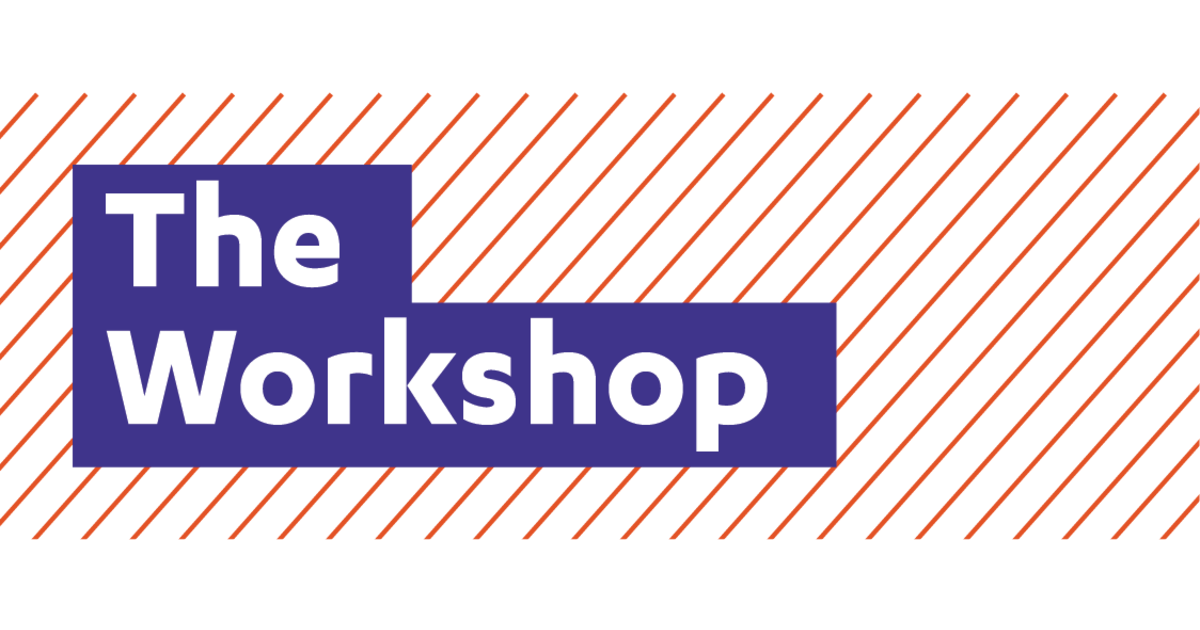Kia ora from Julie,
I recently spent a wonderful few days surrounded by people who are rebuilding and redesigning our economic and other systems in Aotearoa so they no longer sweep people into poverty. The gathering, facilitated by the Peter McKenzie Project, served as a great reminder of the power of collective action, especially in terms of narrative shifts.
The people who attended work across the systems that shape our lives - education, health, employment, housing, culture, welfare, disability - to design them to lift the burden of poverty off families. The different stories of their work were connected by a shared narrative – that the unjust systems that hold poverty in place can be redesigned, and that our determined, strong and capable communities thrive when we do.
Many people have worked hard for decades to change to the policies and practices that shape the lives of families in poverty. Across welfare, care and protection, disability, employment, health, tax, and education, advocates have worked to redesign systems to unlock people from poverty.
Much has been achieved by the tireless and committed work of many people, and there is much more to be done, because we have not overcome child and family poverty.
Thanks to the Child Poverty Action Group (CPAG) we have a new briefing paper on how to talk about preventing poverty in Aotearoa. The paper, and the advice in it, is for anyone advocating for a more just systems — ones that work to lift the restrictions that sweep people into poverty. The advice is drawn from a brief literature review on the topic funded CPAG and by The Workshop’s own prior research in this area, which it updates.
You can download the free briefing paper from our website:
Ngā mihi
Julie
Top tips for talking about preventing poverty
Focus on showing the cause of poverty - the unjust nature of the economic system
Our economic system has been designed by people. The choices and decisions people in power have made in the design of this system places constraints on many people. Help people see that we can redesign our economic systems to overcome the causes of poverty.
Highlight the strength and humanity of people in poverty - people in poverty have grit, determination and aspirations
People in poverty are human beings who work in our schools and supermarkets, care for our elderly and unwell, innovate, solve problems and work around a system that burdens them. Highlight the strengths of people in poverty and show your vision of people in poverty thriving in better systems.
Show together we thrive - overcoming poverty is how we create a positive shared future for all of us
We can join together across differences and stand up against systemic injustices. All of us – Pākehā, Māori, Pacific — are hurt by systems that only help a very few. By coming together and not letting them divide us, we can achieve a better future. Highlight the way poverty steals from our collective aspirations, creativity and problem-solving power.
Learn how to use narrative power to create change
If you want to learn how to use narrative power to create change in your area of work then Narratives for Change training is for you.
Online training - next course starts 14 August 2023
Narratives for Change Online Foundations is our most comprehensive training. Content is presented within our online learning platform, Moodle, with content to read and watch. Each week there are self-paced individual activities, online forums facilitated by our expert trainers, and small ‘pod’ group activities. We estimate that it will take participants around 4 hours per week to cover the content.
You’ll meet with your pod each week, at a time that works for the group members, to work on activities and discuss what you’ve learned that week.
There are two live zoom sessions with the trainers, an introduction session and a Q&A session near the end of the course.
The course runs over 8 weeks with the first week focused on getting set up on the platform, meeting the trainers and your pod group.
Our next course starts on 14 August, followed by a course starting 9 October. Book early to take advantage of early bird pricing.
In-person training on 25 July
Our in-person 1 day training covers the fundamentals for Narratives for Change.
Content is presented live in person by our expert trainers.
During the day there is facilitated discussion, reflection questions, and small group activities. We have two upcoming in-person trainings, held in central Wellington on 25 July and then on 19 September. Book early to take advantage of early bird pricing.
Book your place on in-person training on 25 July in Wellington
Interested in a side hustle as a Narrative Assistant?
From time to time we need some extra help to make sure our projects and training run smoothly. We’re interested to hear from anyone in our community who might be interested in doing some occasional contract work as a Narrative Assistant. The work will vary from project to project but might involve finding examples of narratives in the real world or helping develop our talks and tools.
This work would suit someone who has done our Foundations training, is able to recognise examples of helpful and unhelpful narratives and frames 'in the wild' and would like to further develop their skill and confidence in this area. It's a role for someone who can work independently, who is confident using a range of tech tools (including Powerpoint, Google Suite, Slack and Asana) and is looking for flexible work which can be done remotely.
If this sparks your interest please get in touch with hello@theworkshop.org.nz




